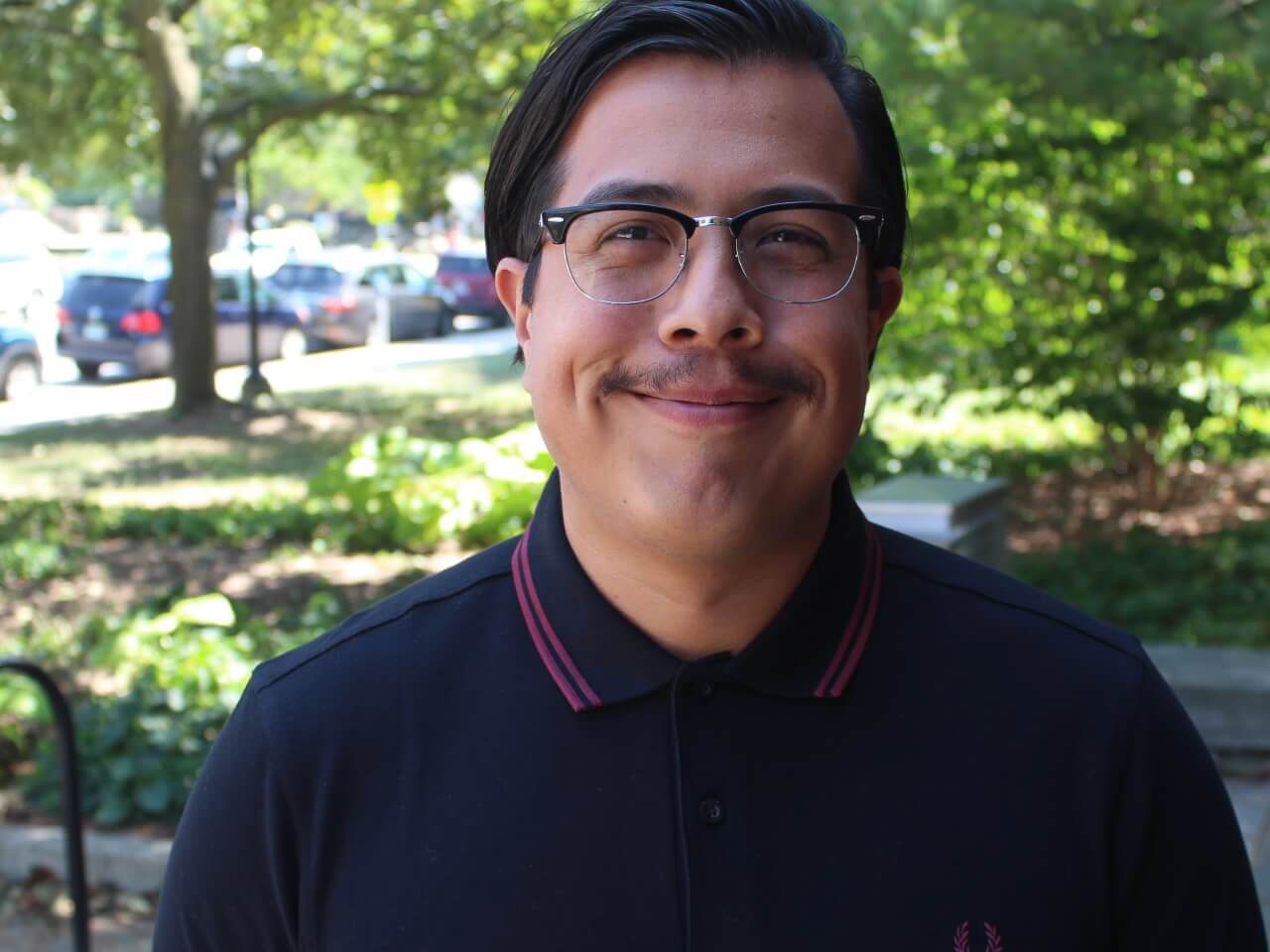Recipients of PSC Small Grant Awards
Dispersed Destinations: The Social Mobility Outcomes of Mexican Immigrants and Mexican Non-Immigrants
Giovanni Roman-Torres

How do income and educational mobility outcomes for Mexicans vary across states? To what extent can the variation in these forms of mobility be explained by local spatial characteristics?
A long tradition of scholarship shows that where one lives has consequential, long- term effects on social mobility outcomes. Employment opportunities, racial/ethnic composition, and social policies associated within a given spatial context – particularly one’s early life context – have been found to influence academic achievement, earnings, and upward mobility. Past work, however, has generally focused on spatial context as a driver of black-white differences and has overlooked how space affects the social mobility of Latinos. This is a critical limitation given the significant demographic changes in U.S. immigration patterns over recent decades, their geographic dispersion into non-traditional destinations, and how Latinos assimilate to American society.
Because spatial context is fundamental to understanding the durability of unequal outcomes over time and across groups, this research project examines how the movement of Mexican immigrants to non-traditional destinations, such as the Midwest and rural South, affects socio-economic mobility outcomes, and potentially marks a change from the outcomes found for those in traditional destinations.
Funding Source: Marshall Weinberg Research Fellowship
